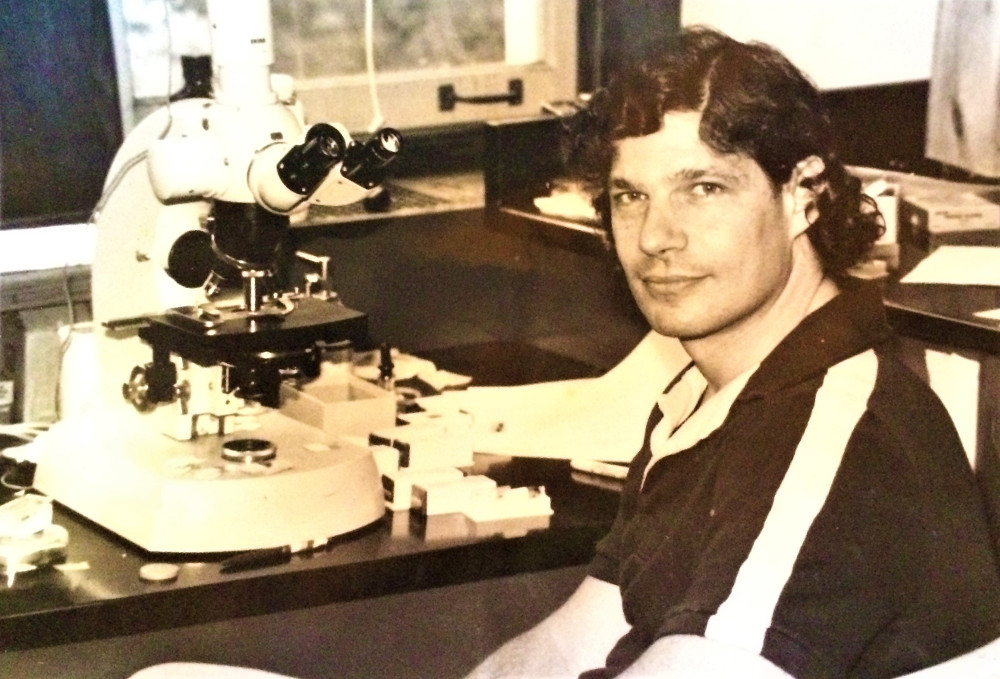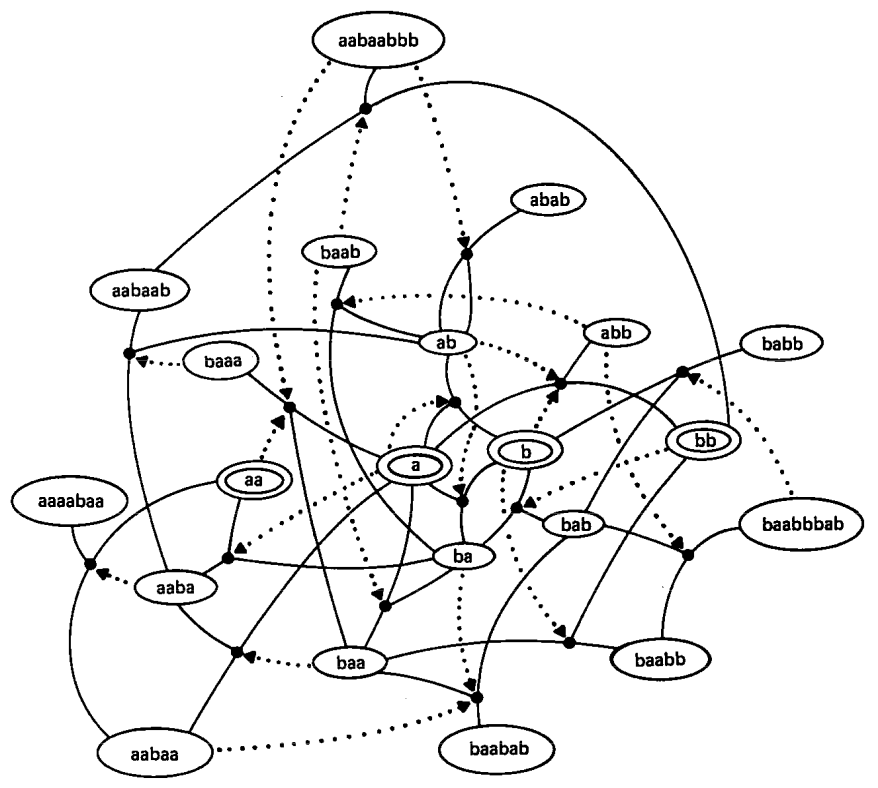50 years ago, in 1971, a young scientist by the name of Stuart Kauffman published a lengthy paper containing an appendix on “self replication”. In that appendix, Kauffman claims:
Replication is the property of a complex dynamic system, not a single molecule. More fundamentally, self-replication is an autocatalytic process in which a set of molecules catalyses the formation of a nearly identical second set. No molecule need catalyze its own formation.

He then introduces his idea of an autocatalytic set, which is a collection of molecules that mutually catalyze each other’s formation, starting from a basic food source. Kauffman argues that it should be quite likely that a self-replicating autocatalytic set will emerge in a chemical reaction network if the probability that each molecule catalyzes one or more reactions within the same reaction network is high enough. He even presents results from some initial computer simulations (already in 1971!) to support this claim.
In a later paper, after introducing an abstract model of polymer reaction networks based on his earlier computer simulations, and using a mathematical argument based on results from random graph theory, Kauffman concludes:
…the formation of autocatalytic sets of polypeptide catalysts is an expected emergent collective property of sufficiently complex sets of polypeptides, amino acids, and other small molecules. This could have substantial implications for the origin of life.

Over the years, more and more scientists became interested in Kauffman’s ideas, from mathematicians and computer scientists to chemists and biologist. As a consequence, the initial idea of autocatalytic sets grew into a comprehensive and formal theory, also supported by experimental evidence. It currently is a promising area of research, both in origin of life studies and well beyond (including ecology and economics). And Kauffman himself, 50 years later, is still actively involved!
A somewhat technical but fairly complete history of autocatalytic sets was published in 2019, at the occasion of Kauffman’s 80th birthday. A non-technical research synthesis for a more general audience was commissioned and published by the John Templeton Foundation (scroll down to part 2 on that page).
Let’s hope the next 50 years will see the initial idea and subsequent developments come to full fruition. If Kauffman is right, autocatalytic sets may indeed be an essential mechanism for the (or any) origin of life, and an underlying principle for living systems in general…
